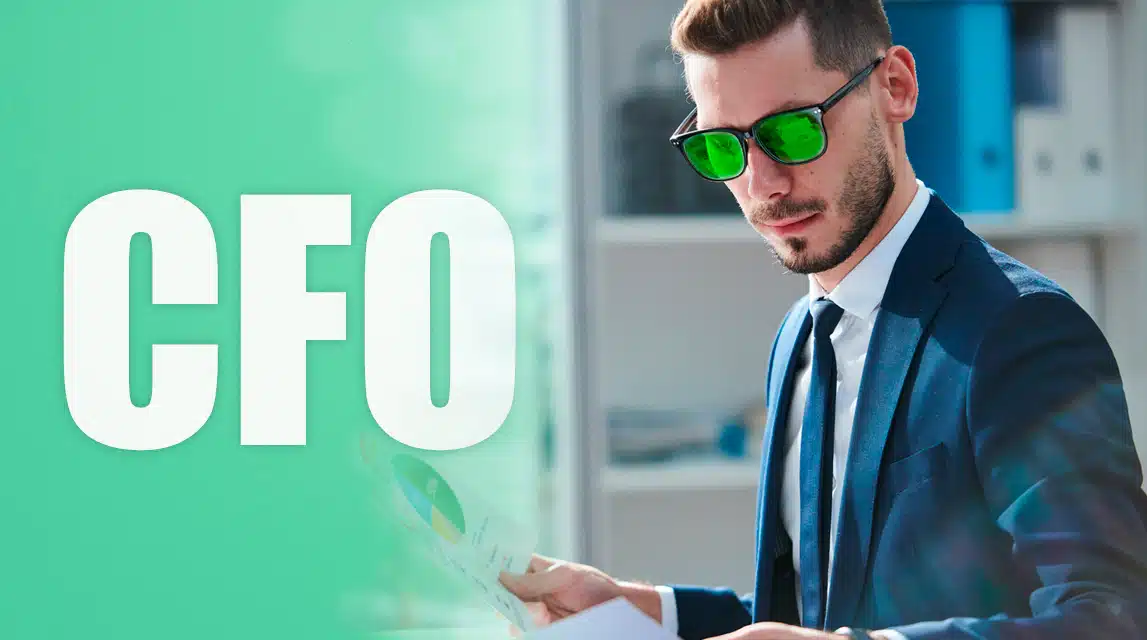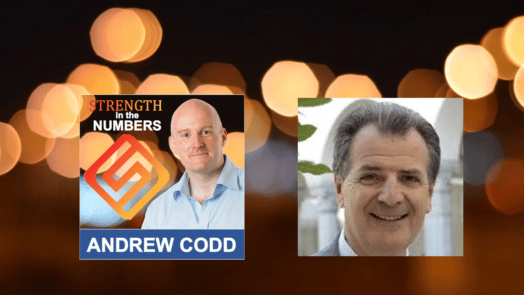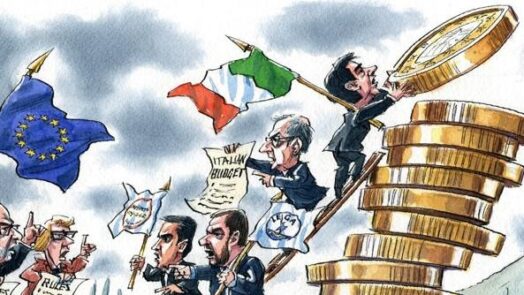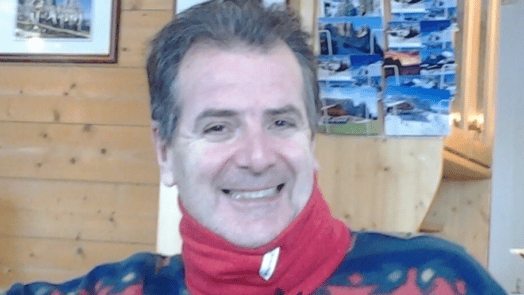Juanjo Piedra Galan: Green Glasses

During my professional life, I met many CFOs aware of the role they could play in favor of Sustanability. To celebrate the renowed version of TheHappyCFO blog, I am hosting some of them re publishing some key articles that explain their opinion. Here with the permission of the author the article he published on Digital Finance Transformation.

Juan José focuses his attention to the respect of Nature and environment: it is today key for the corporation to actively consider its impact on the environment.
Let’s read his opinion:
In the last weeks there has been important news in the green CFO arena. For instance, in the European Union, the Directive 2022/2464 of the European Parliament was approved. The final version details how the CSRD (Corporate Sustainability Reporting Directive) will be deployed, which I deeply encourage all finance professionals to read, as it will dramatically change the way the so-called non-financial data will be reported in the short future.
Another critical event that happened was the meeting of the ISSB (International Sustainability Standards Board) members, part of the IFRS Foundation. It took place in the context of the COP15 in Montreal and was led by Emmanuel Faber. You can listen to his final speech in this: Emmanuel Faber COP15 Finance and Biodiversity Day 2022 speech. While there were several significant announcements, I would emphasize 2: one is the guidance on Scope 3 emissions, those coming from the entire supply chain of the company and, by far, the most challenging type to be reduced; and second, the agreement to ground its standard-setting work by clearly articulating the relationship between sustainability matters and financial value creation.
There has been other relevant news with the following highlights, which I urge you to deep dive on, in case they might be of interest to you, your company or your industry:
- The Securities Exchange Commission (SEC) will look beyond the figures that underlie net income when determining whether a company is in compliance with the agency’s proposed climate risk disclosure rule.
- BlackRock to Continue Asking for Climate Targets and Disclosure Despite Anti-ESG Pushback.
- Toyota finally revealed New HYDROGEN Combustion Engine, a game-changer in the car industry.
- Plastic manufacturers in Germany will soon be forced to pay towards litter collecting, aligned to other similar initiatives along Europe e.g. Spain, Italy to collect a plastic tax (0.35 eur / kg) for European and non-EU imports.
I’m sure I’m forgetting some other important news connected to the sustainability finance mindset, as the activity has been really intense in the last quarter of the year. Yet, above all of the news we just mentioned, I would like to highlight some local news: The University of Barcelona (UB) has committed to introducing a mandatory subject on sustainability for the 2024-2025 academic year in all university degrees.
When I read this information in the digital newspaper I immediately remembered my first job in Honda Motorcycles, when I was 18, and how my manager, who was a heavy smoker, would keep his cigarette burning around me (a non-smoker) all day long. This was “just” 25 years ago, but the image is so distant from today’s canons that the reflection is very clear: the world will evolve towards sustainability. It actually doesn’t matter whether you personally believe in climate change or you think it is just a hoax. The important thing is that most regulators, customers, companies, competitors, employees, and all of the stakeholders of our society will push hard to have a more sustainable planet and it is in that context that your Green CFO mindset can be very helpful. But how?
My advice is to use what I call ‘Green Glasses’. As a finance professional, I truly understand the worth of short-term results in both top and bottom line of any company (plus other considerations like cash-flow, tax impacts, etc) but I also reckon the unique position we hold, specially with our 360º vision. Those finance professionals who will be able to balance the short-term requirements while anticipating the long-term (for sure sustainable) circumstances will definitely be the most demanded ones in the labor market by the CEOs.
And, in order to be successful in such challenging mission you should use your own green glasses: for every business decision you support, you should use your sustainability knowledge to forestall potential financial risks and, if needed, influence your internal customers, and with as many objective data as possible, to move to the more sustainable alternative. A good hint is thinking about the society of the future, in ten or fifteen years time. A society with customers and employees that will have a much better understanding of the climate risks as they will attend the mandatory university classes on sustainability. A society that will see with eccentric eyes things that today are considered normal, the same way that I remember now how my manager used to smoke close to me in my workplace when I was younger.





